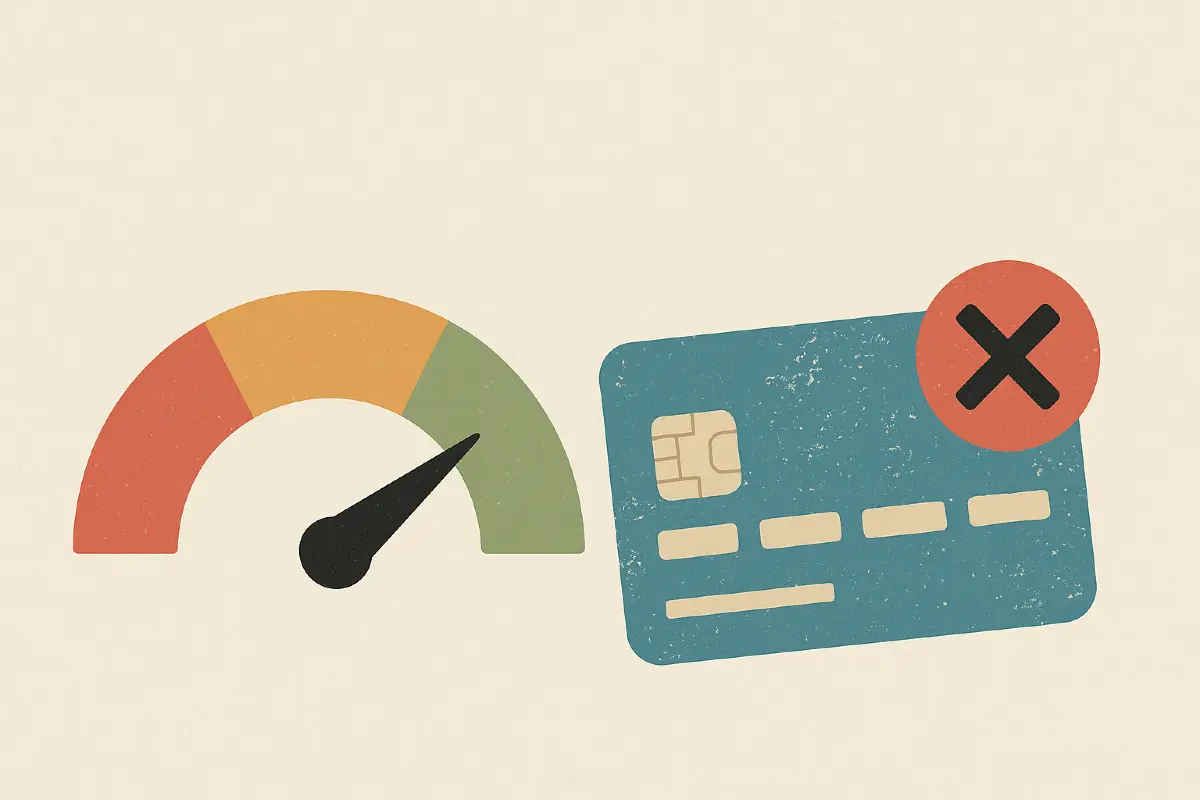
Bad Credit Isn’t the End—So How Do You Get Ahead Anyway?
If your credit score has taken a few too many hits and you feel like doors keep closing before you even knock, you’re not alone—and you’re not stuck. Having bad credit can feel like walking into every opportunity with a sign on your back that says, “Not worth the risk.” But the truth is, your credit score doesn’t tell the whole story, and it certainly doesn’t get the final say.
Whether you’re trying to buy your first home, get a personal loan, or land a job, there are ways to work around the obstacles. Let’s evaluate six common challenges people face when credit is holding them back—and what you can actually do to push forward.
Contents
- 1 When you Want to Stop Renting but Worry You’ll Never Own
- 2 When you Need a Loan but Your Credit Score is Giving you the Silent Treatment
- 3 How to Navigate Housing With a Rough Credit History
- 4 How to Find Employment When you Keep Getting Turned Down for Jobs
- 5 Credit Cards Designed to Help you Rebuild Credit
When you Want to Stop Renting but Worry You’ll Never Own
When your credit score looks less than ideal, the idea of buying a home can feel like a fantasy. But renting forever isn’t your only option. You might be surprised to find that being a first time home buyer actually comes with some advantages—even if your credit isn’t picture perfect.
There are different loan programs specifically designed to help first-timers get a foothold, some of which offer flexibility on credit requirements and allow lower down payments. What really matters is showing lenders that you’re working toward financial stability. That means steady income, saving what you can, and not adding new debt. If you can bring those to the table, you’re not out of the running.
When you Need a Loan but Your Credit Score is Giving you the Silent Treatment
This is the big one—and it’s usually where the panic sets in. You need access to funds for an emergency, a repair, or just to keep your head above water, but traditional lenders keep slamming the door. Here’s where it gets encouraging. While not every lender is going to throw their arms open, there are personal loans for bad credit available, and some are specifically created to help you bridge the gap. These aren’t handouts—they’re real loan options that consider your income and overall situation, not just your number.
The key here is to be strategic. Look for fixed rates, manageable terms, and lenders that are transparent from the start. Every on-time payment can also help rebuild your credit, meaning that this short-term decision could actually create long-term wins. Getting a loan with bad credit is possible with a little extra planning and a whole lot of self-advocacy.
Securing a rental when your credit history is rocky can be one of the more frustrating experiences. You find a place you love, fill out the application, pay the fee, and then get the dreaded “we chose another applicant” message. But don’t let that stop you. There are ways to work around it. Some landlords focus more on income and rental history than credit.
Providing solid references, proof of income, or offering a larger deposit can help ease their concerns. Co-signers can also open doors, but only if you’re confident in your ability to make every payment on time—protecting both your future and your relationship. You might also want to start with smaller landlords instead of large management companies. Individuals may be more open to context and conversation than a faceless system.
How to Find Employment When you Keep Getting Turned Down for Jobs
Not all jobs look at credit history, but when they do, it can feel deeply personal. If a background check is part of the hiring process, you may worry that your financial past is going to cost you your future. But this doesn’t have to be the end of the conversation when you’re job hunting. Some employers use credit checks primarily for roles that involve financial responsibility or access to sensitive data.
If your credit report raises questions, be proactive. Explain the context before they have to ask. A short, honest statement that shows you understand the issue—and that you’ve taken steps to address it—can actually demonstrate responsibility and growth. You can also request a copy of your report ahead of time and look for errors or outdated information.
Credit Cards Designed to Help you Rebuild Credit
When you’re trying to rebuild credit, it feels almost ironic that you need credit to improve credit. But there’s a backdoor here: secured credit cards. These work differently from traditional cards because they require a deposit upfront, which becomes your credit limit. It may not feel glamorous, but it’s effective.
Using a secured card for regular expenses and paying it off on time helps you create a trail of responsible credit use. That history matters. Over time, it can raise your score and open up better financial products. Think of it as training wheels for your credit life—not a setback, but a way to get your balance back. And don’t forget to check your credit report every few months to track your progress.


